Continuing the 7th Session of the 15th National Assembly , on the afternoon of May 28, the National Assembly discussed in the hall a number of contents with different opinions of the draft Law on the Capital (amended).
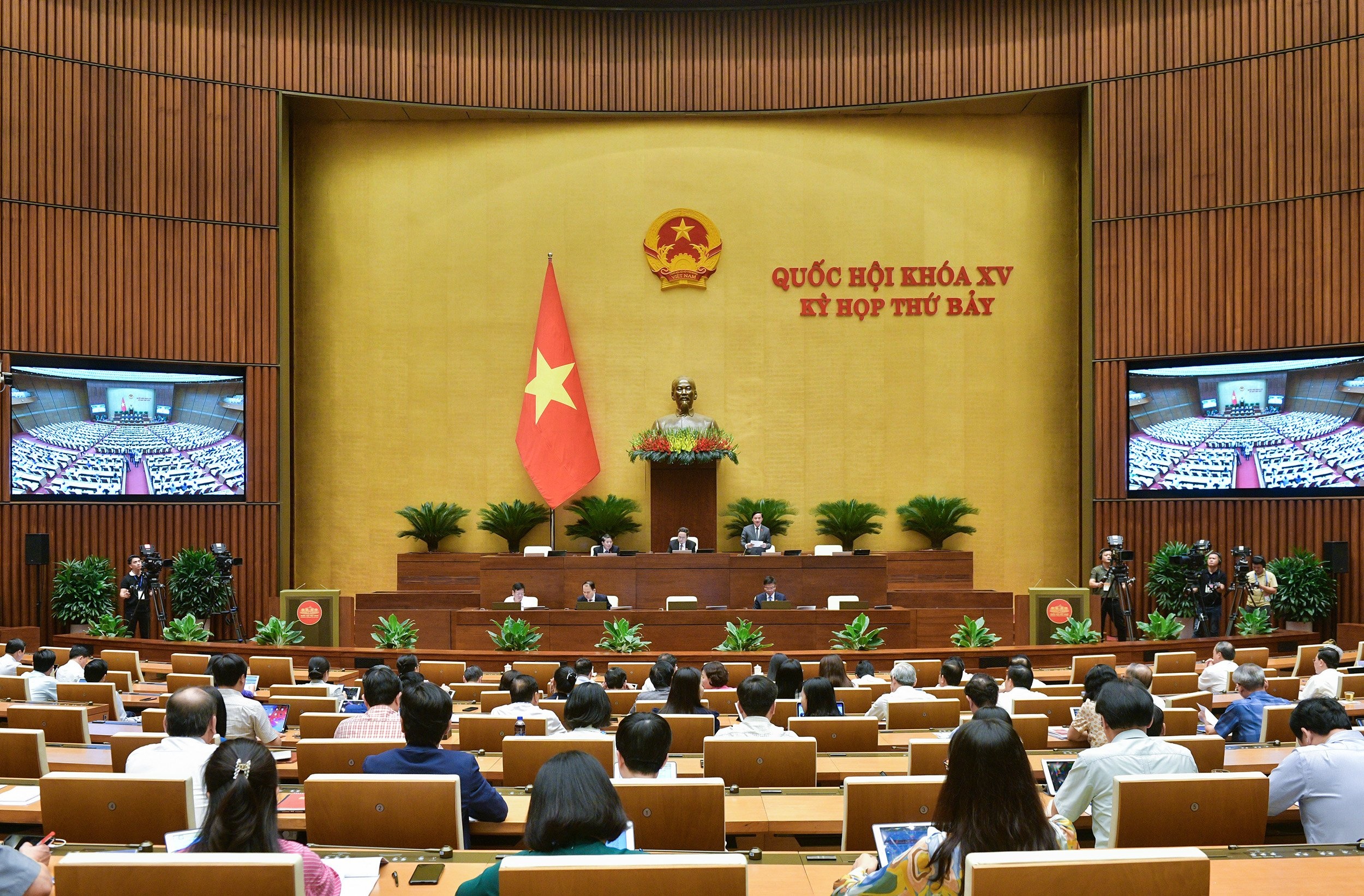 |
Before entering the discussion, the National Assembly listened to Member of the National Assembly Standing Committee (NASC), Chairman of the NA Law Committee Hoang Thanh Tung present a Report on explanation, acceptance and revision of the draft Law.
Strong decentralization for Hanoi City government
In particular, the draft Law has been absorbed and revised in the direction of only regulating specific and special mechanisms and policies, demonstrating strong decentralization for the Hanoi City government, but at the same time also placing higher responsibility on the city government in building, protecting and developing the capital; not re-stipulating the contents and issues that have been regulated in other laws. At the same time, the draft Law has been reviewed and revised in the direction of rearranging the order of a number of articles and clauses to ensure more logic and suitability.
Regarding the application of the Capital Law (Article 4), the draft Law has been accepted and revised in the direction of: Continuing to stipulate that in cases where laws and resolutions of the National Assembly (issued after the effective date of the Capital Law) have different provisions on the same issue that need to be applied, they must be specifically stipulated in that law or resolution.
To ensure the effectiveness of legal documents detailing the contents of the Law on the Capital, legal documents issued to exercise the authority assigned in the Law on the Capital, the draft Law stipulates that these documents shall be given priority in cases where there are many legal documents with different provisions on the same issue.
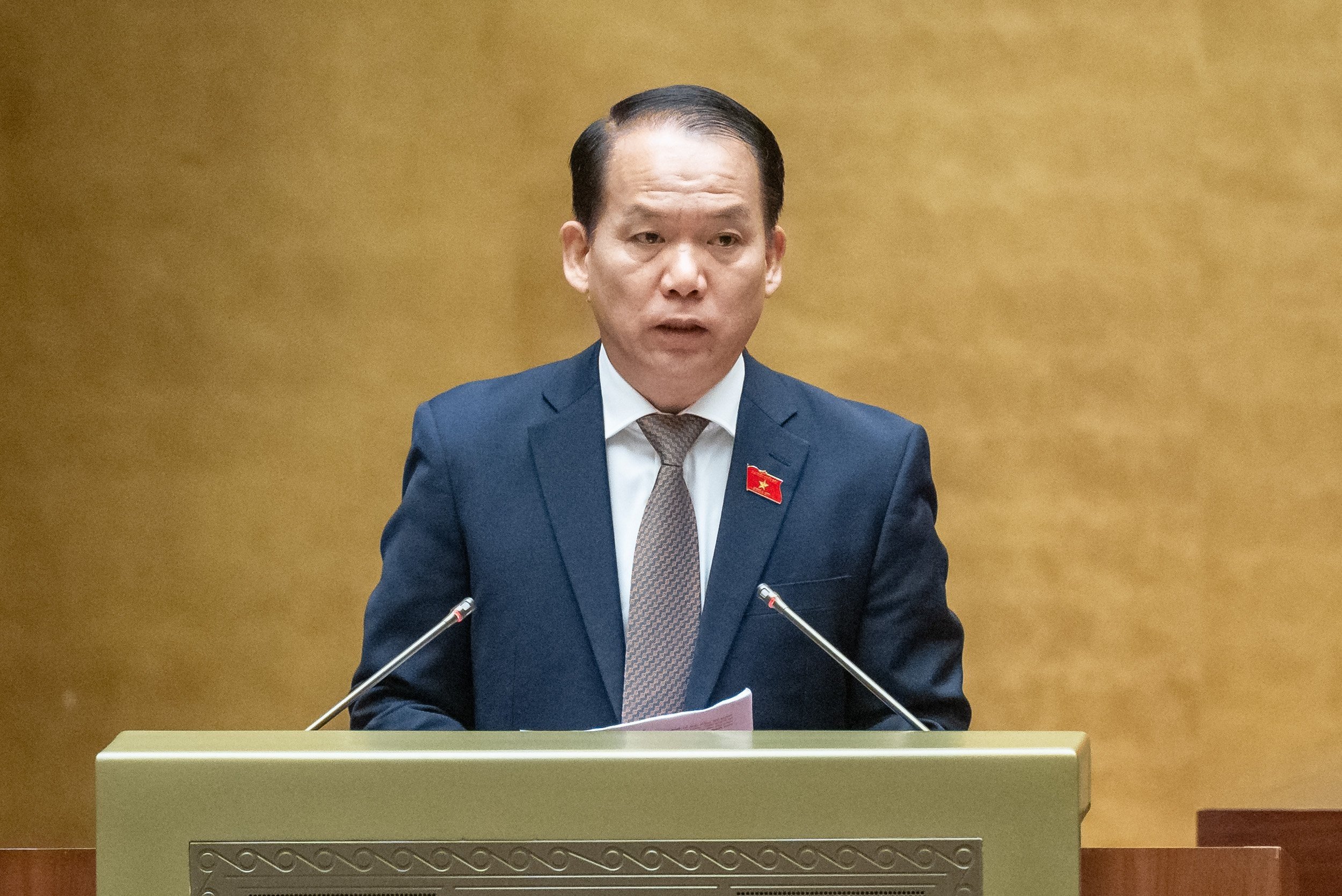 |
| Chairman of the National Assembly's Committee on Law Hoang Thanh Tung |
Regarding the administrative organization model in Hanoi, Chairman Hoang Thanh Tung said that the urban administrative model in Hanoi is built on the basis of inheriting the provisions of Resolution No. 97/2019/QH14, according to which, People's Councils are not organized in wards of districts, towns and cities in Hanoi.
Regarding the organizational structure of the Hanoi People's Council, the People's Councils of districts, towns and cities under the City (Articles 9 and 11), the draft Law is accepted and revised in the direction of strengthening the organizational structure for the Hanoi People's Council, the People's Councils of districts, towns and cities under the City to ensure that the authorities at all levels of the City can undertake the increased tasks and powers.
The Draft Law was received and revised in the direction of strong decentralization and delegation of power to Hanoi City, helping the city government to be more proactive in organizing the apparatus and staffing to be able to effectively undertake the very special role and task of being the Capital of Vietnam; The revision was in the direction of setting higher requirements and responsibilities for Hanoi City compared to other localities to ensure the implementation of the goals and tasks of building, developing, managing and protecting the Capital as determined in Resolution No. 15-NQ/TW, clearly defining the specific policies that need to be applied, more clearly regulating the subjects of application, responsibilities, authorities of agencies and implementation procedures to both demonstrate strong decentralization to the city government and have a mechanism to organize implementation and control implementation.
In particular, allowing the Hanoi People's Committee to locally adjust the general urban planning, the general planning for the construction of functional areas, and the specialized planning of the city's technical infrastructure; stipulating the principles for management and use of underground space in the city; decentralizing the authority to the City People's Committee to decide on the establishment and expansion of high-tech zones, promulgating the operating regulations of high-tech zones established by the City People's Committee, stipulating a number of specific mechanisms for public service units in high-tech zones, including the mechanisms applicable to the National Innovation Center located in Hoa Lac High-Tech Park (Clause 2, Article 24)...
Expand the areas in which the City People's Council is allowed to prescribe higher fines for administrative violations; add some authority to the City People's Council and People's Committee in deciding and implementing some solutions on developing culture, sports, tourism, education, training, health, science and technology, innovation, digital transformation, environmental protection, agriculture , rural areas and urban renovation and beautification...
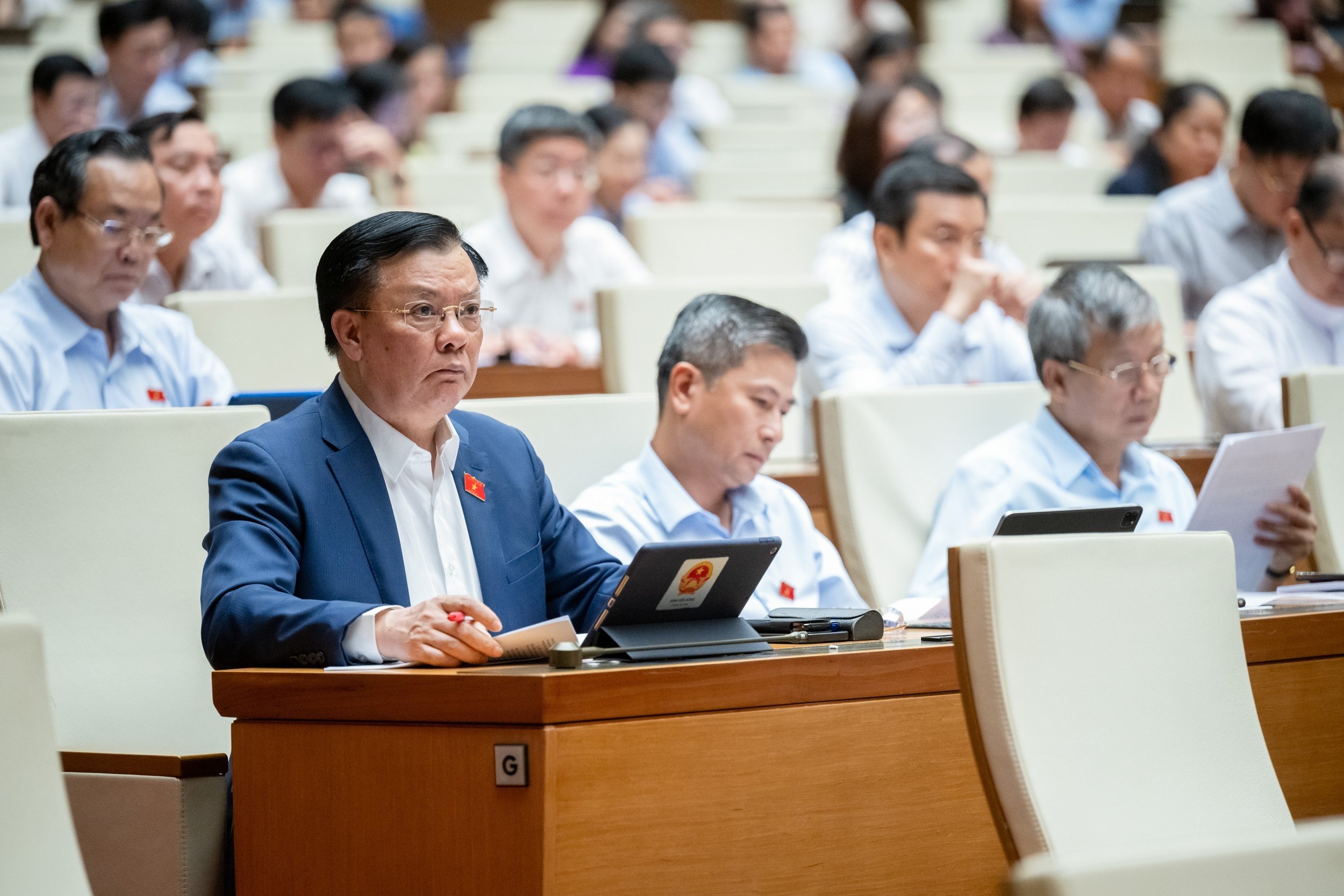 |
The Draft Law also absorbs and revises in the direction of supplementing and clarifying a number of specific contents and measures to attract and mobilize social resources, promote innovation, and attract high-quality human resources to develop the Capital.
Design a separate chapter on regional linkage and development, which more clearly demonstrates the role of Hanoi as the center and driving force for linkage and development, and as the growth pole of the Capital region; identify priority investment policies for linkage and regional development programs and projects implemented in Hanoi and other provinces and cities, not just limited to the Capital region.
Regarding the implementation provisions, Chairman Hoang Thanh Tung said that the draft Law is expected to take effect from January 1, 2025 (except for 7 specific contents stipulated in Clause 2, Article 53, which will take effect from July 1, 2025 so that agencies have time to issue detailed regulations). At the same time, the draft Law has added transitional provisions to ensure continuity in the application of the law.
It is necessary to apply synchronously and uniformly the contents of urban government.
Leading the discussion, Vice Chairman of the National Assembly Nguyen Khac Dinh asked delegates to focus on several major issues such as: Principles of law application; regulations on urban government organization; construction, development, management and protection of the capital; finance, budget, resource mobilization for capital development and other issues of interest to delegates.
Regarding the organization of the government in Hanoi, delegate Ha Sy Dong (Quang Tri) said that the Party's policies and documents from the 11th Congress to date have all determined that local governments must be organized in accordance with the characteristics of urban, rural and island areas. In fact, up to now, Ho Chi Minh City and Da Nang have both organized a single-level urban government model that is very effective and suitable to the characteristics of urban areas.
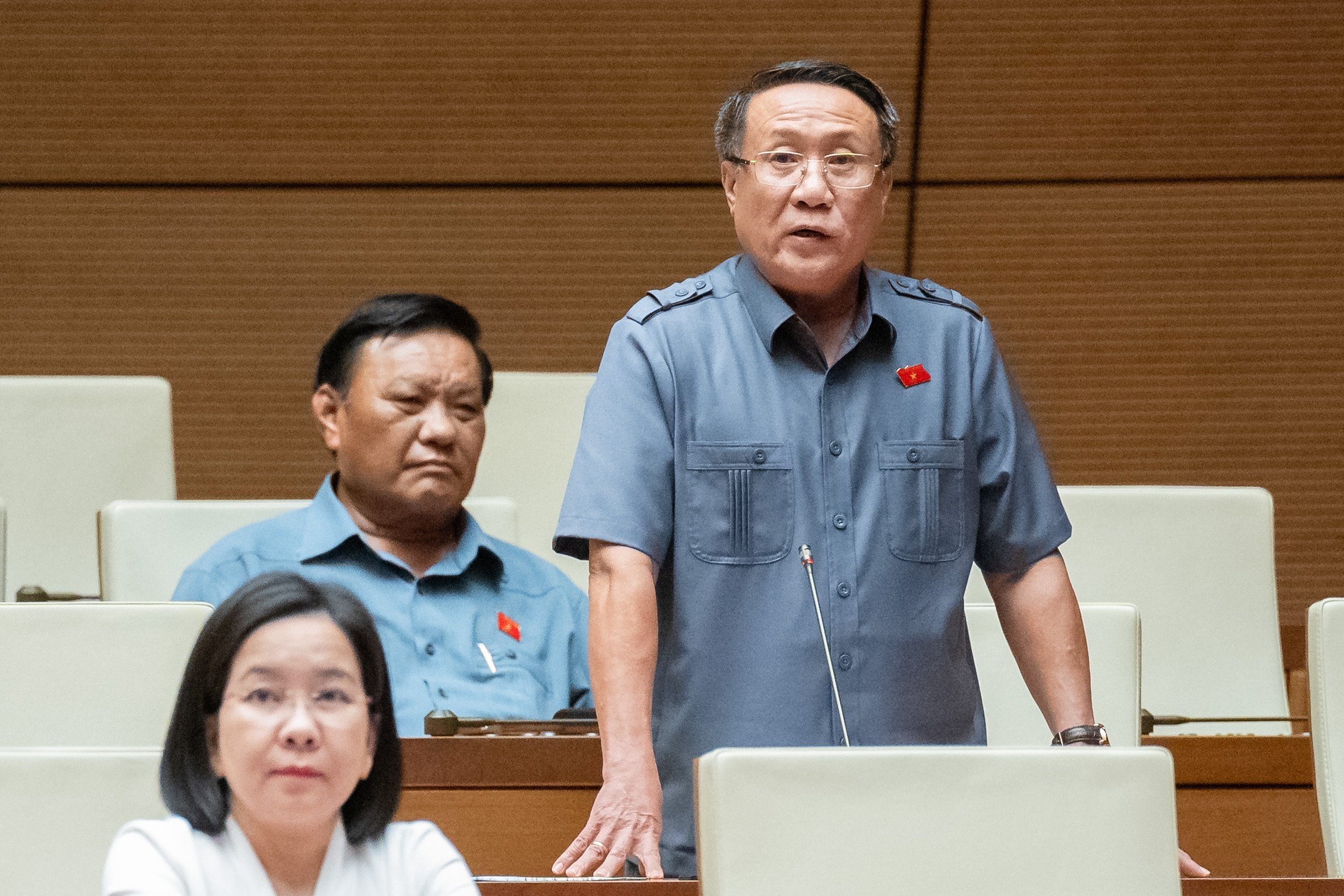 |
| Delegate Ha Sy Dong |
Meanwhile, Hanoi is piloting the non-organization of People's Councils at ward level. Delegate Ha Sy Dong said that if the draft is approved, the urban government in Hanoi will be a two-level government, meaning that there will be no People's Councils at district and ward levels, while the urban government in Ho Chi Minh City and Da Nang will be a single-level government. Therefore, the delegate suggested that the urban government model in the capital as in the draft should be carefully reviewed to ensure consistency in the urban government organization in Vietnam.
Giving another perspective, delegate Le Hoang Hai (Dong Nai) agreed with the regulations on the organization of government in Hanoi as stipulated in Article 8 of the draft Law. Accordingly, not organizing People's Councils in wards of districts, towns and cities in Hanoi will contribute to making the organization of government at the commune and ward levels more streamlined and dynamic.
However, according to delegate Le Hoang Hai, this model is different from the urban government model in Da Nang City and Ho Chi Minh City. Therefore, delegate Le Hoang Hai suggested that it is necessary to study, summarize, evaluate, and consider amending and supplementing the Law on Organization of Local Government or developing a separate Law on Urban Government to create a basis for synchronous, stable, and unified application of urban government contents.
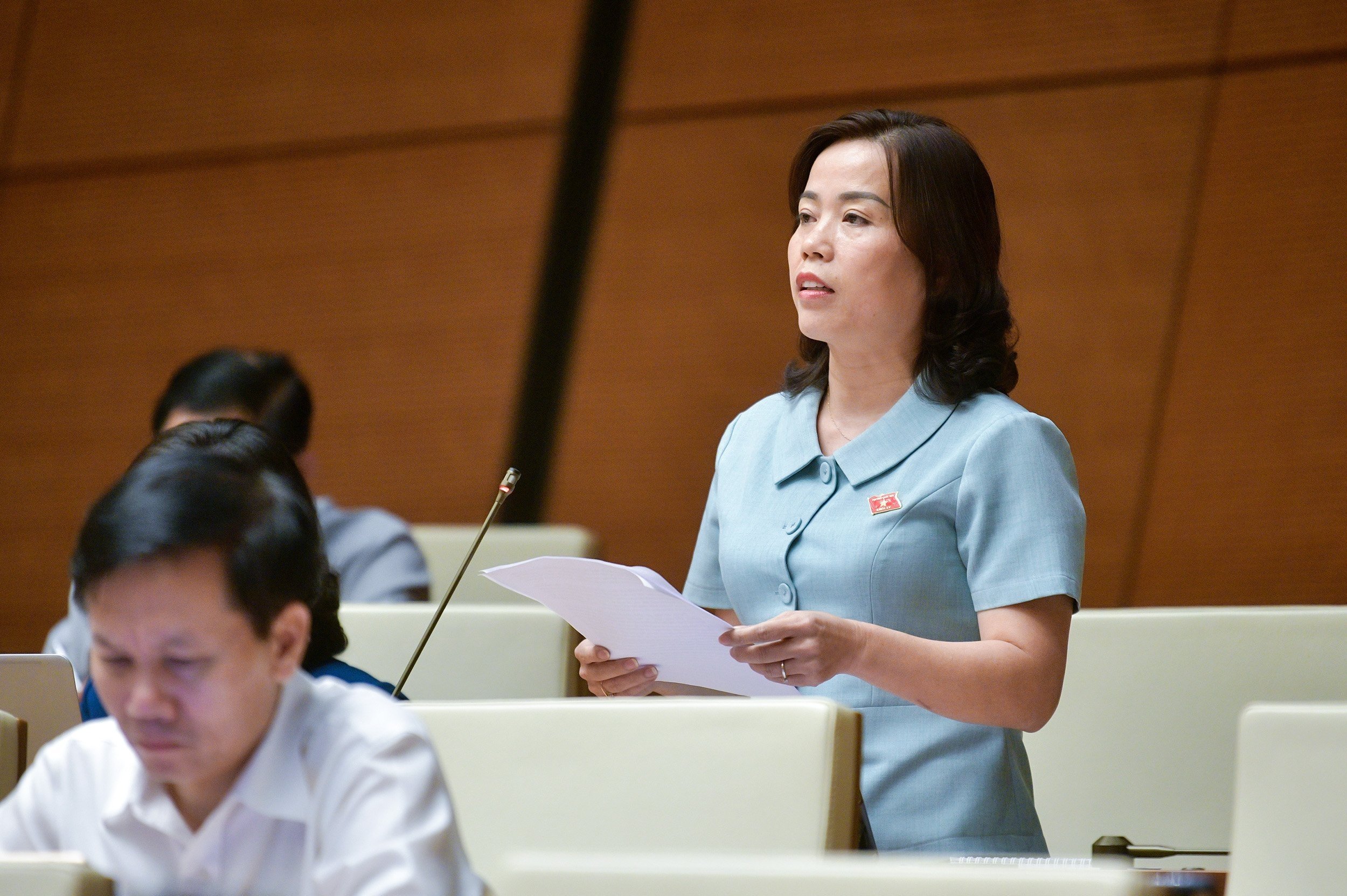 |
| Delegate Ly Thi Lan |
Agreeing with the outstanding provisions in the draft Law to synchronously develop high-tech zones in the capital, delegate Ly Thi Lan (Ha Giang) said that this will help perfect specific measures for the Hoa Lac high-tech zone to develop sustainably and make a breakthrough after being transferred to the Hanoi People's Committee for management, commensurate with its position and role.
Delegates also highly agreed with the principle of applying the highest level of incentives and investment support for projects and investment activities in high-tech zones, and preferential measures to attract high-quality human resources to work in high-tech zones.Source: https://thoibaonganhang.vn/quoc-hoi-thao-luan-du-thao-luat-thu-do-152096.html
















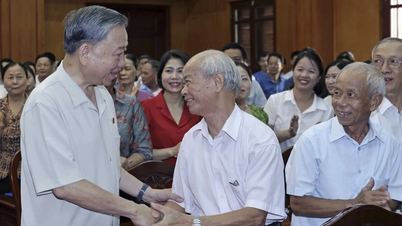
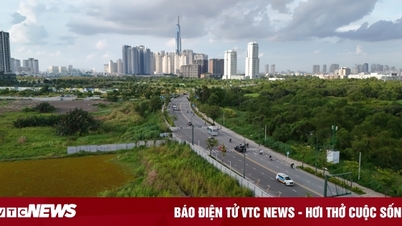

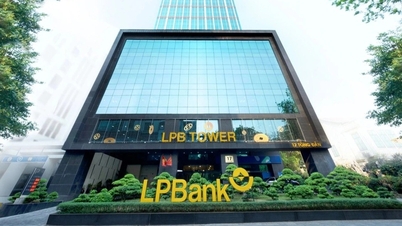


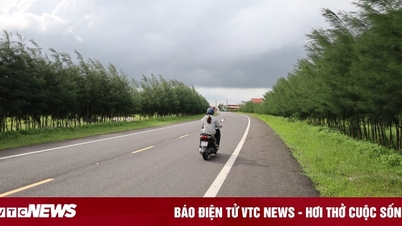

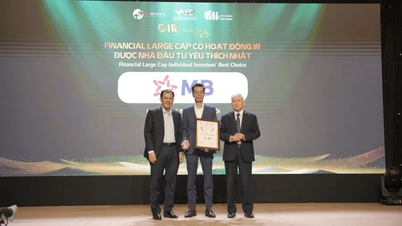





















































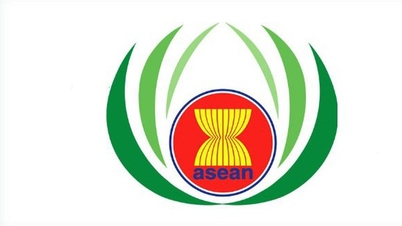
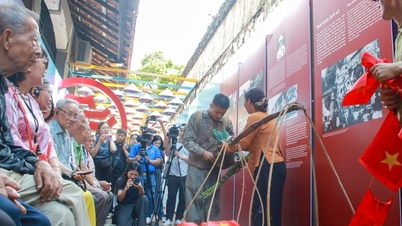
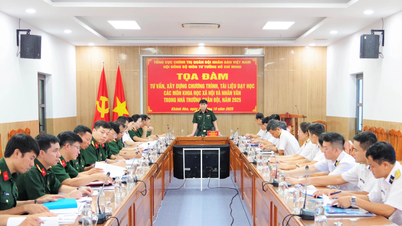

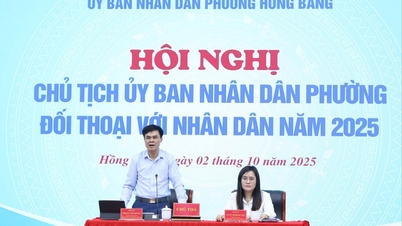


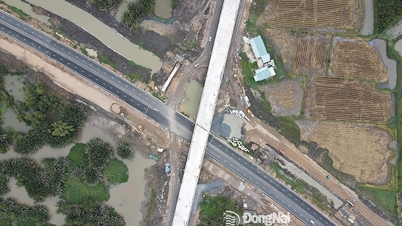

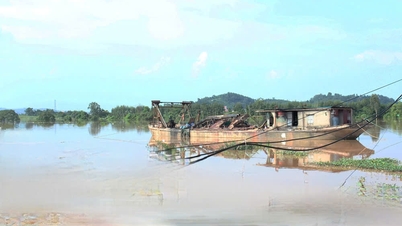

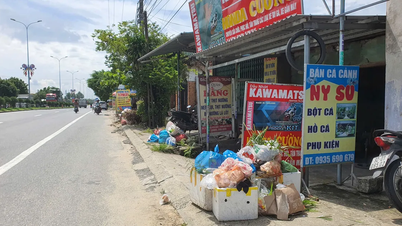














Comment (0)